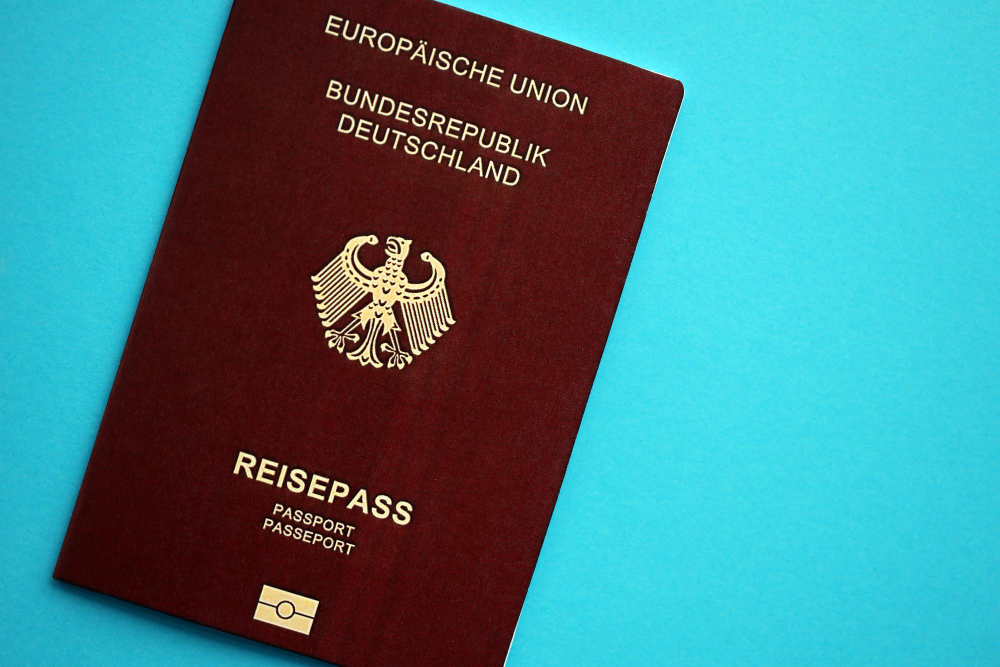German visa appointments far less accessible for applicants from the Global South
A recent study has revealed that citizens of countries in the Global South are significantly less likely to secure appointments for German visas, and when they do, they often face considerably longer waiting periods.
Study highlights inequality in Germany’s visa system
Research conducted by the German Centre for Integration and Migration Research (DeZIM) shows a strong imbalance in the availability of visa appointments at German embassies and consulates. The findings indicate a “considerable correlation” between an applicant’s home country GDP and their likelihood of securing an appointment—the lower the country’s GDP, the lower the chances of obtaining a visa slot.
For those who do manage to book an appointment, waiting times are also longer for applicants from the Global South. The study reports average wait times of 75.7 days in Burkina Faso and 71.3 days in Madagascar, with 17 countries exceeding a one-month delay.
In contrast, average waiting times in Europe, South America, the Caribbean, and Oceania were much shorter. Some Global South countries such as Uzbekistan (1 day), Singapore (2 days), and Cuba (2.7 days) recorded low average waiting times, though this does not guarantee that appointments are consistently available.
Researchers criticise lack of transparency
According to researchers from DeZIM, the University of Flensburg, and the European University Institute in Florence, Germany’s visa system lacks transparency compared with other major immigration destinations. The United States, for example, publishes regularly updated estimated wait times for visa interviews worldwide, offering applicants clearer expectations and enabling public reporting.
Emanuel Deutschmann, study author and sociology professor at the University of Flensburg, said the unequal access to timely visa appointments is unfair, frustrating, and understandably perceived as discriminatory. He warned that Germany’s image as a migration destination and tourist hotspot is being damaged, while shortages of skilled workers worsen and global inequalities deepen.
Co-author Niklas Harder urged the German government to introduce a publicly accessible tool on the Auslandsportal to display current visa waiting times. Transparency, he argued, is essential for understanding and addressing the causes of these disparities.

